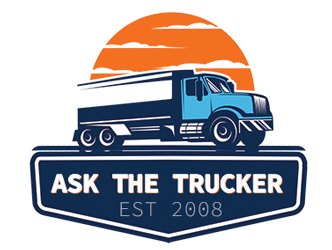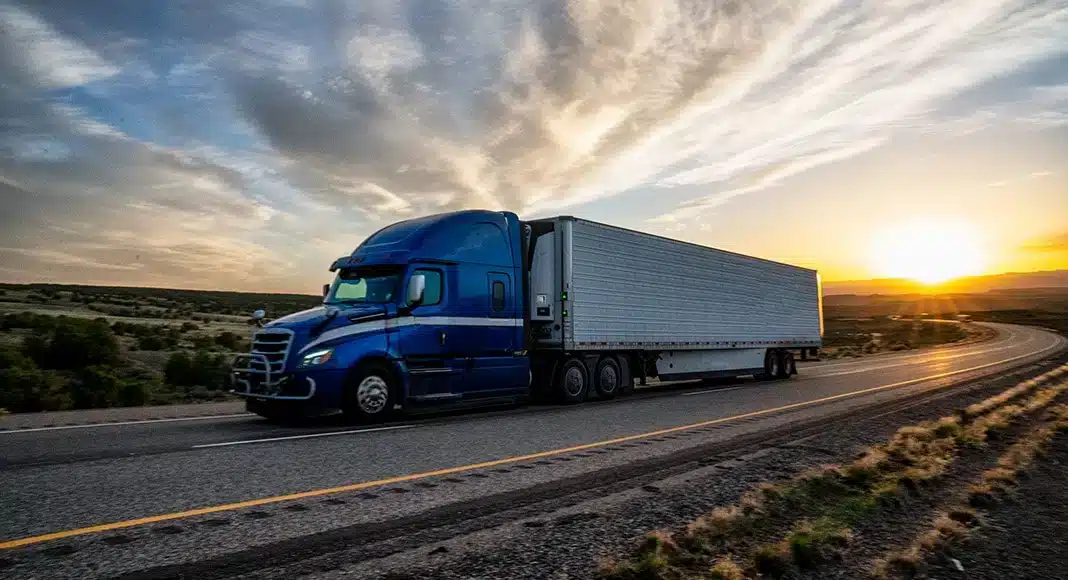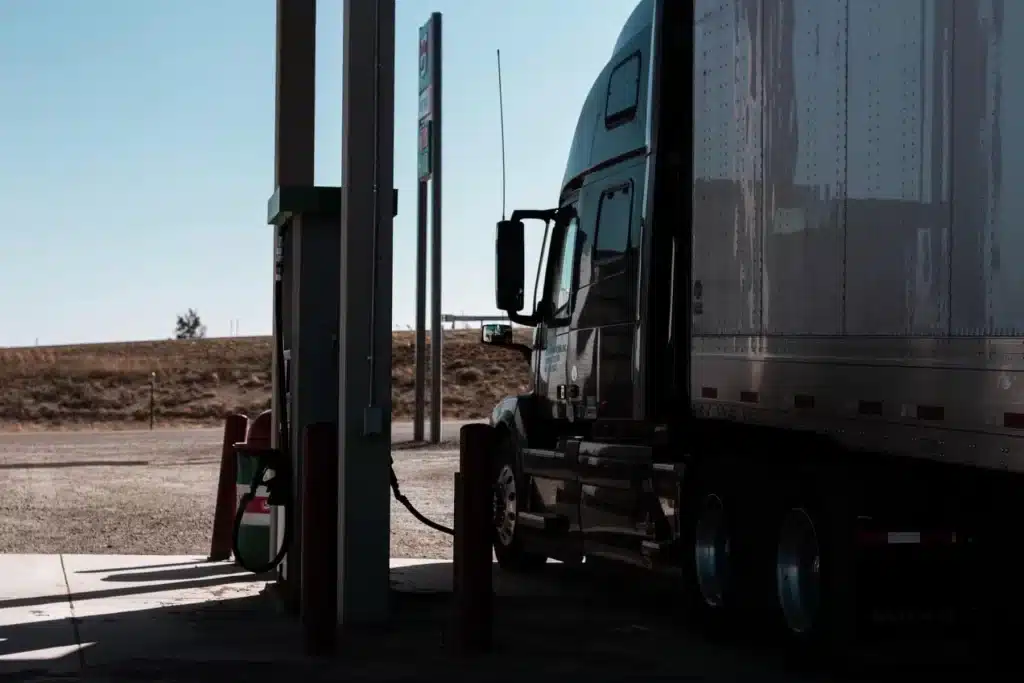Trailer Interchange Coverage Guide
In the trucking industry, it’s common for drivers to haul trailers that aren’t owned by themselves or their employers. When hauling a non-owned trailer, it’s important to ensure that you have the right type of insurance coverage and enough of it to cover liability and damage.

You may assume that non-owned trailer coverage would be enough to suit your needs, but this isn’t always the case.
Trailer interchange insurance may be the right option in certain circumstances.
What is Trailer Interchange Insurance?
Trailer interchange insurance is a type of insurance that covers damage liability to trailers.
This type of coverage is available:
- Through the trucker or motor carrier policy
- By endorsement under a business auto policy (also known as a BAP)
Why Would You Need A Trailer Interchange Insurance Policy?
It’s not uncommon for carriers to haul non-owned trailers through a trade of trailers.
When you sign a trailer interchange agreement as a trucker or carrier, you take on the responsibility of any damage to the trailer regardless of whether it’s attached to a tractor.
Without proper insurance coverage, you would be responsible for damages out of your own pocket. Because the trailer is not owned by you, your regular insurance policy will likely not cover it.
Let’s say, for example, that you’re hauling an exchanged trailer. While you’re at a rest stop grabbing a bite to eat, someone steals your truck.
The bottom line? If you have signed a trailer interchange agreement, then you need trailer interchange insurance.
Non-Owned Trailer vs Trailer Interchange
It’s easy to assume that non-owned trailer coverage and trailer interchange insurance are the same thing, but they are not.
Non-Owned Trailer Coverage
A non-owned trailer policy will cover a non-owned trailer only when attached to a covered tractor. The policy value should be set at the maximum value of any trailer that you may haul.
Because a non-owned trailer coverage policy only covers a trailer when it’s attached to a covered tractor, there could be a gap in your coverage if a trailer is not attached and is damaged while in your possession.
Trailer Interchange Insurance
Trailer interchange coverage will cover a non-owned trailer regardless of whether it’s attached to a tractor.
But keep in mind that this kind of coverage can only be purchased if a trailer interchange agreement is in place. This type of coverage will pay for accidental and direct losses to the trailer.
The biggest issue with trailer interchange insurance is that a written trailer interchange agreement must be in place for coverage to be active.
Trailer Interchange Insurance Policies
In many cases, the company that owns the trailer will require that the trucker or motor carrier have trailer interchange insurance before doing any business together. This is almost always a requirement within your written trailer interchange agreement.
Like with other insurance policies, you must choose a limit and a deductible for your trailer interchange insurance policy.
- The limit refers to the maximum amount of money your insurance company will pay when filing a claim.
- The deductible refers to the amount of money you will pay out of pocket to help cover the cost damages.
As mentioned previously, trailer interchange insurance will cover a non-owned trailer whether or not it’s attached to a tractor. But what, specifically, does it cover and not cover?
What’s Covered?
A trailer interchange insurance policy will likely cover damage to a non-owned trailer in the following scenarios:
- Loading and unloading freight
- Accidents
- Vandalism
- Theft
- Accidental fire
What’s Not Covered?
Like any other insurance policy, there are exceptions and restrictions. For example, a trailer interchange policy will not cover any trailers that you own. For that policy, you will require separate insurance coverage plan.
Some other things to consider:
- Coverage only applies if the trailer is in your possession at the time of the incident.
- Coverage is only available for tractors and pickups.
- Only one trailer can be insured for each pickup or tractor.
- Trailers must have liability coverage for damage or theft for the items being hauled (anything inside the trailer).
The Bottom Line
If you have a trailer interchange agreement in place, then trailer interchange insurance may be the right choice for you.
If you don’t have a written trailer interchange agreement, then a non-owned trailer policy may be your only option. However, you will need to prove that the trailer was hooked up to a covered tractor if you need to file a claim.



